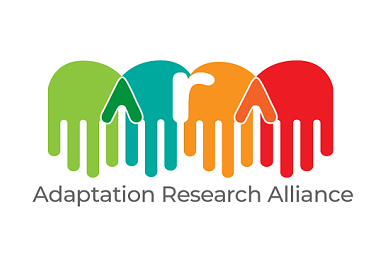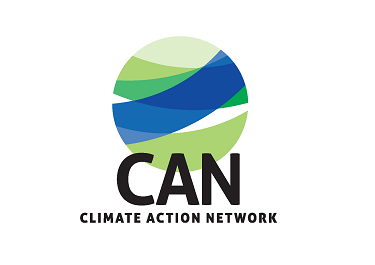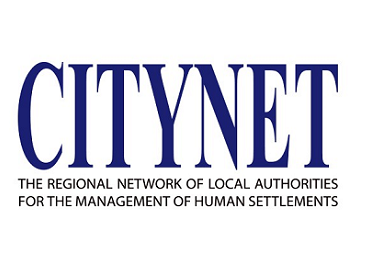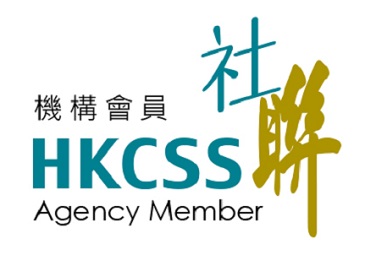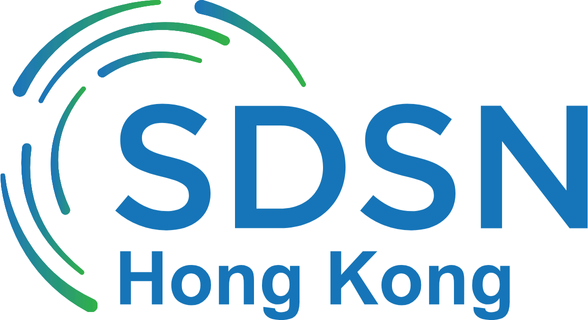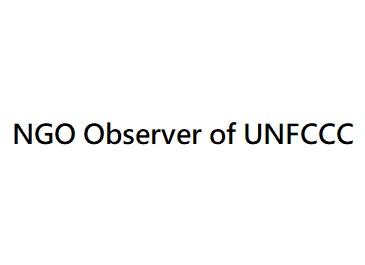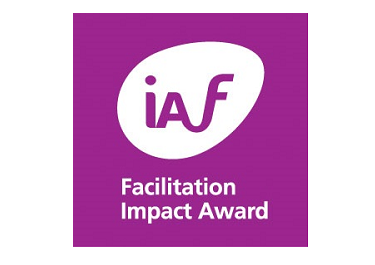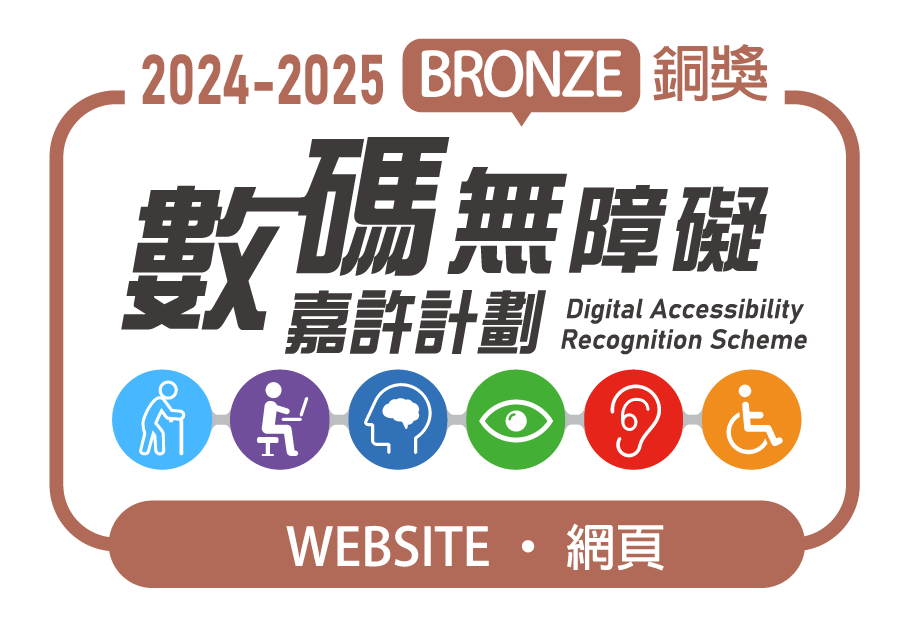Affiliation Organisation
CCIL is the members of organisations below:
The Adaptation Research Alliance (ARA) is a global coalition committed to supporting vulnerable communities impacted by climate change. Its diverse membership encompasses researchers, funders, policymakers, development organizations, and community groups dedicated to action-oriented, user-needs-driven research that informs inclusive climate adaptation solutions. As an advocate, facilitator and catalyst for this approach, ARA provides resources for climate change frontline stakeholders and fosters collaborative partnerships to develop effective, equitable innovations. Guided by principles of localization, co-production, and social justice, ARA supports research that enhances climate resilience capabilities worldwide, especially among marginalized communities bearing the brunt of climate change impacts. ARA brings together international expertise to advance climate adaptation globally and empower vulnerable populations to address the unfolding climate crisis.
Climate Action Network (CAN) is the world's largest climate alliance, composed of over 1,900 civil society organizations across more than 130 countries collectively fighting the climate emergency. Since its inception in the late 1980s, CAN has evolved into a diverse, member-driven coalition spanning six continents. With its diversity and longstanding leadership steering the climate movement, CAN continues to build bridges and foster alignment with partners across the movement to push key stakeholders towards bold, urgent climate action. This includes phasing out fossil fuels and addressing the needs of vulnerable communities disproportionately impacted by the climate crisis. As the largest global network dedicated to climate advocacy, CAN leverages its expertise, global reach, and power in numbers to drive the swift, transformative societal changes required to tackle the climate emergency head-on.
CityNet was established in 1987 with the support of United Nations Economic and Social Commission for Asia and Pacific (ESCAP), UNDP, and UN-HABITAT, including 154 municipalities, NGOs, private companies, and research centres (as of 2023). CityNet connects actors, exchange knowledge, and build commitment to establish more sustainable and resilient cities. Through capacity building, city-to-city cooperation, and tangible projects, CityNet helps their members respond to climate change, disaster, and the Sustainable Development Goals (SDGs). CCIL's JC SolarCare Programme was listed as one of the Notable Shortlisted Cases of the 2nd CityNet-ESCAP SDG City Awards (2023).
The HKCSS is a statutory body established in 1947. Together with the Agency Members, the HKCSS uphold social justice and equality in our mission to advance the well-being of the Hong Kong community. The HKCSS is committed to building an impact-oriented, collaborative and innovative social service sector, and co-creating a better society with stakeholders across different sectors. The HKCSS has over 510 Agency Members, with service units throughout Hong Kong, providing high-quality social services to those in need.
The Hong Kong chapter of the United Nations' Sustainable Development Solutions Network (SDSN Hong Kong) was established in 2018. It is jointly hosted by The Hong Kong Jockey Club Charities Trust and The Chinese University of Hong Kong (CUHK), two organizations with a longstanding partnership in addressing social and sustainable development issues. Their collaboration aims to mobilise expertise and resources to advance the UN Sustainable Development Goals (SDGs) locally and foster the network's growth. SDSN is a global alliance of leading academic institutions and organizations dedicated to sustainable development. As of 2022, SDSN Hong Kong comprises 20 members, including seven government-funded universities, research institutes, and NGOs.
The UN Framework Convention on Climate Change (UNFCCC) secretariat supports the global response to the climate crisis. With nearly universal membership of 198 Parties, the UNFCCC oversees three pivotal agreements: the founding 1992 UNFCCC treaty, 1997 Kyoto Protocol, and 2015 Paris Agreement. The overarching objective of the Paris Agreement is to limit global temperature rise this century to 1.5°C above pre-industrial levels. Overall, the UNFCCC agreements share the goal of stabilizing greenhouse gas concentrations to prevent dangerous human interference with the climate system, allowing time for ecosystems to naturally adapt and enabling sustainable development. As the core UN entity tasked with driving climate action, the UNFCCC plays a critical role in spearheading the global collaboration urgently needed to tackle the existential threat of climate change.
Award
The International Association of Facilitators (IAF) is a participatory organisation with members in more than 65 countries. As a professional association, we set internationally accepted industry standards, provide accreditation, support a community of practice, advocate and educate on the power of facilitation and embrace the diversity of facilitators.
The Web Accessibility Recognition Scheme was organised by Hong Kong Internet Registration Corporation Limited(HKIRC), co-organised by Office of Government Chief Information Officer, with Equal Opportunities Commission(EOC) as its independent advisor. The scheme encourages enterprises, organisations and individuals to adopt accessible web design, promotes web accessibility, hoping to achieve digital inclusion. In order to fulfill the requirement of Gold Award, our webpage met all 24 judging criteria for a website to provide better accessibility features, which includes providing meaningful text alternative for non-text contents, allowing all operations to be performed through a keyboard interface, making the website content easy to be used with assistive technologies, allowing text to be resized up to 200 percent without loss of content, providing sufficient colour contrast, etc.

